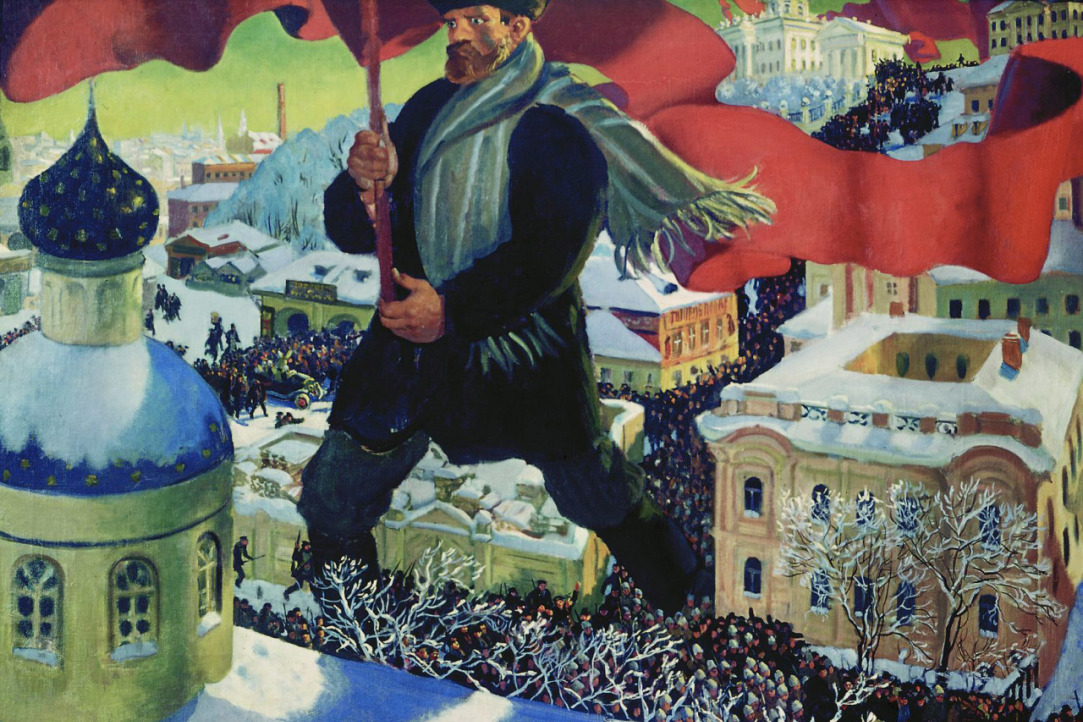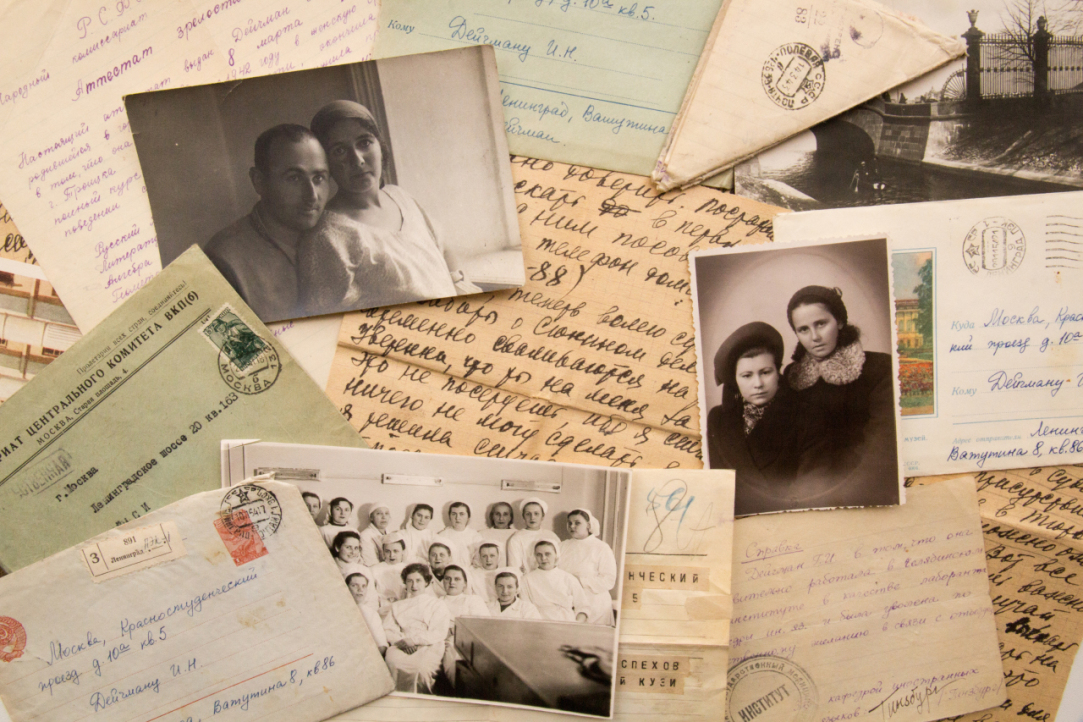
The Soviet Film Revolution
The October Revolution created a new cinema. At first, 'the most important of all arts' struggled to keep up with social transformations and was not yet used as a weapon in the fight for a communist culture. But the mid-1920s, an innovative, cutting-edge film industry had emerged from sources such as theatre, street performance, posters, poetry and circus shows. This industry was able to do what the politicians had failed to achieve, namely trigger a world revolution.
Recent Lecture Addresses Reflections on Empire, Russia and Historical Comparison
On October 11, Professor Dominic Lieven of the University of Cambridge, where he serves as Senior Research Fellow, Trinity College, gave a public lecture at HSE St Petersburg entitled ‘Reflections on empire, Russia and historical comparison’. The event was organized by the Center for Historical Research.

Overcoming the Revolution
A hundred years has passed since the October Revolution of 1917, but this event still hasn’t reached its logical conclusion. Its consequences are still crucial in defining the political system in Russia today and fostering divisions in society, believes Andrey Medushevsky, Professor at the HSE Faculty of Social Sciences, political scientist, historian and author of the book A Political History of the Russian Revolution: Norms, Institutions and Forms of Social Mobilization in the 20th Century.
HSE St. Petersburg: Cooperation with German Universities in History Studies
Department of History at HSE St. Petersburg is focusing on a global, comparative and transnational approach to historical studies, and cooperates with several European and American research centers. One of its primary partners is German Academic Exchange Service (DAAD), which sponsors a position of an Associate Professor for a German scholar, and Dietmar Wulff, the current resident, told The HSE Look about his three years at the department and plans for the future.
Expert on Soviet Economic and Demographic History Speaks at HSE
On October 10, Stephen Wheatcroft, Professor of the School of Historical Studies at the University of Melbourne delivered a lecture on ‘The importance of the grain problem in the Russian Revolution and for the next 40 years of Soviet Economics' at HSE Moscow as part of a long and busy schedule. A participant at previous April Conferences at HSE, Professor Wheatcroft is one of the world’s foremost experts on Soviet social, economic and demographic history, as well as famine and food supply problems in modern world history.
Ambassadors for Interdisciplinary and Applied History
Samrat Sil is a recent graduate of the English-taught Master's programme in Applied and Interdisciplinary History ‘Usable Pasts’ at HSE St. Petersburg. David Datmar, a native of Ghana, decided to join the programme to help him prepare for eventual study at the PhD level, which he plans to undertake soon at the University of Oxford. Both gentlemen were recently awarded certificates of recognition for their role as ambassadors contributing to the university’s internationalization agenda.

Analysing History through Ego-documents
International Centre for the History and Sociology of World War II and Its Consequences, Higher School of Economics and The Friedrich Ebert Foundation held 'A Memory Revolution’: Soviet History Through the Lens of Personal Documents' in Moscow on 7-8 June, 2017. The conference brought together distinguished historians and sociologists from across the globe. Michael David-Fox, Professor of History, Georgetown University, and Academic Advisor of HSE International Center for the History and Sociology of World War II and Its Consequences shares his reflections and considerations on the main topic and discussions at the conference and his own research
Seeking Answers in Medieval Russian History
On May 31, Valerie Kivelson, Professor of History at the University of Michigan, will be delivering a seminar entitled ‘Visualizing Empire: Muscovite Images of Race’. Professor Kivelson is an expert in Medieval and early modern Russia, history of cartography, history of witchcraft, religion, and political culture, among other topics. She is the author of 'Desperate Magic: The Moral Economy of Witchcraft in Seventeenth Century Russia' and a guest editor of 'Witchcraft Casebook: Magic in Russia, Poland and Ukraine. 15-21st Centuries'.

Trip to Saint Petersburg Inspires US Students
A group of 20 undergraduates from the United States visited St. Petersburg, 'the northern Venice', this January, taking part in a programme that blended the history, society and culture of the Russian Empire’s capital. Participants arrived from Mount Holyoke College and Smith College, opting to spend two weeks of their winter holidays here (6 – 22 January) learning about this city. Participants were diverse in their fields of studies, Russian knowledge, and travel experience, some even choosing this trip as their first chance to travel outside the borders of the United States.
MIT Professors Discuss Microbiopolitics Through the Lens of American Cheese
On Monday, October 3, two professors of anthropology from the Massachusetts Institute of Technology (MIT) – Heather Paxson and Stefan Helmreich – delivered a seminar for students of HSE St. Petersburg Master's programme in Applied and Interdisciplinary History. A presentation by Professor Paxson focused on how the microbiopolitics of cheese making in the U.S. presupposed and promoted industrial methods and standards and how in recent decades interest in producing and consuming artisanally made, raw-milk cheese has risen dramatically.

